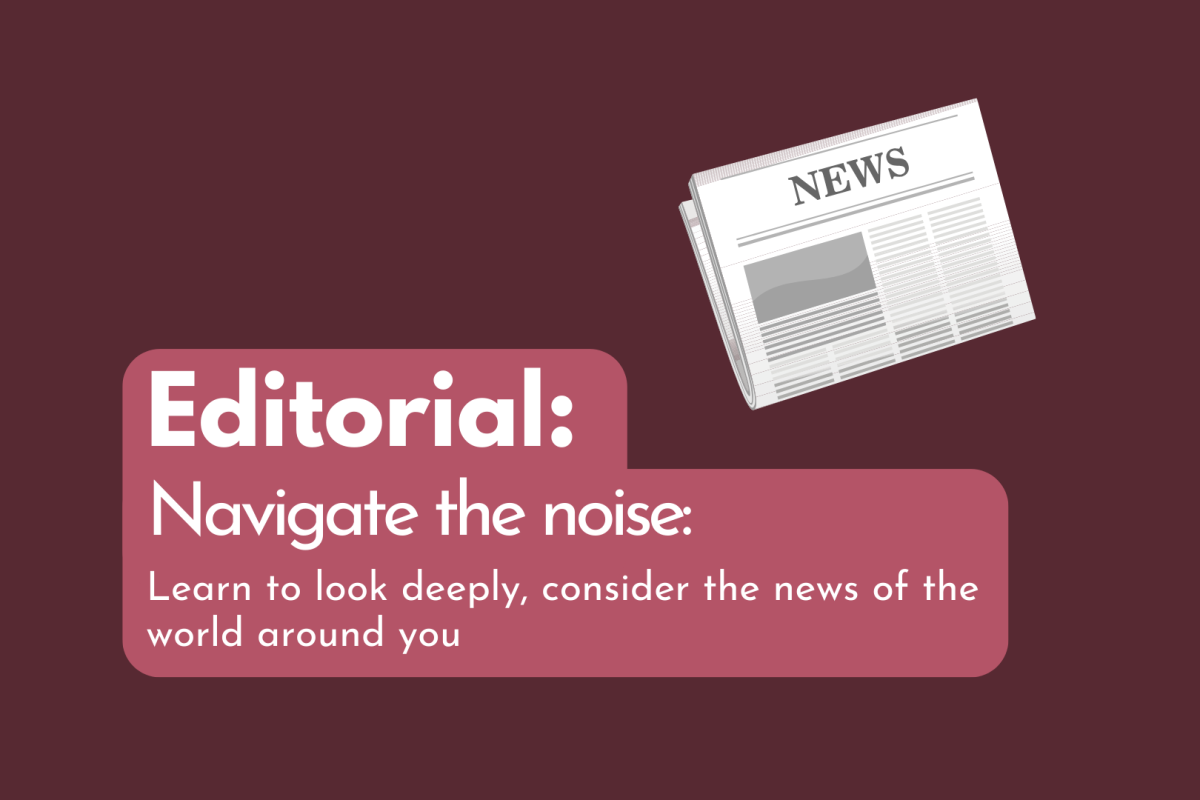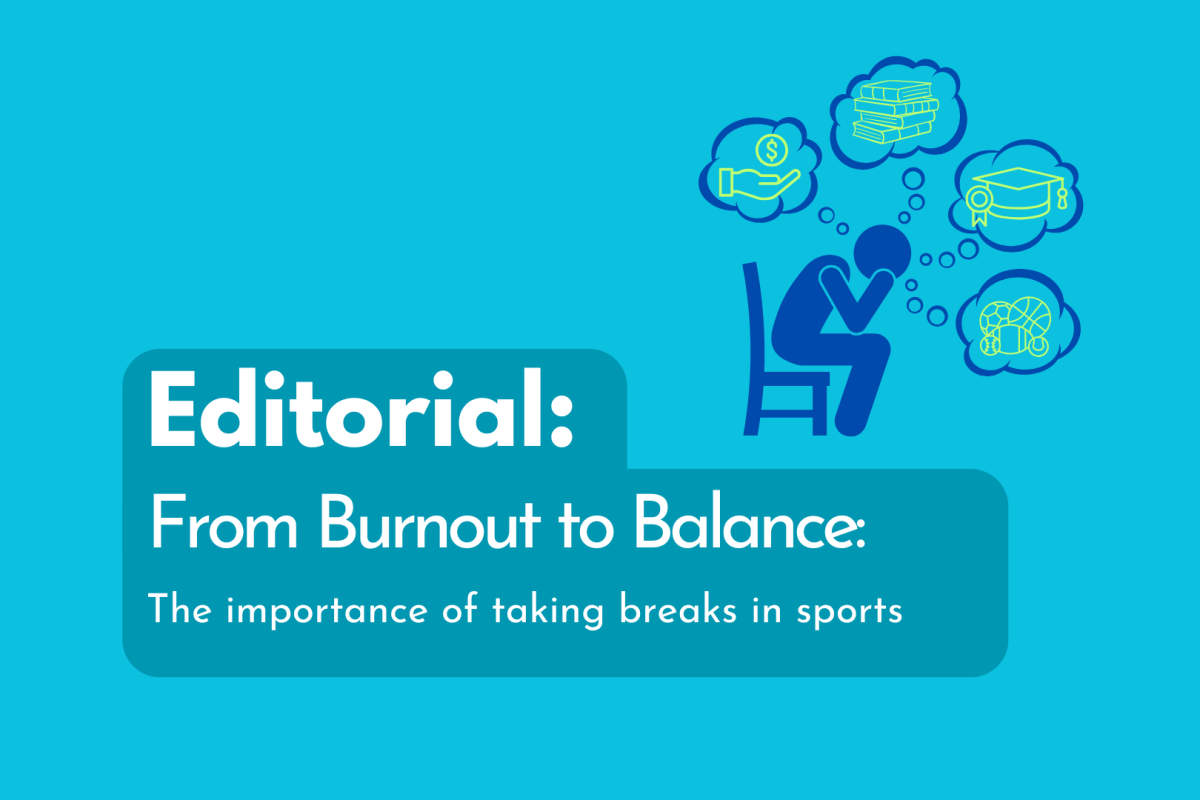News used to be a once-per-day occurrence, likely a morning paper delivered to the end of the driveway and later to the front step by the family dog. With the addition of nightly news broadcasts it was twice-a-day, and then cable news and news websites made the headlines more frequent and easy to access. However, with today’s abundance of social media platforms, access to news has exploded into a seemingly endless feed of information, right in our pockets. While instant access to updates can keep us informed, it can also be overwhelming and hard to decipher what is actually true.
A simple scroll through an Instagram feed or X can bring users information from every outlet under the sun. However, deciphering the validity of the information presented can prove to be just as important as staying up to date with the world’s events. This influx of content has allowed for a time of both mass information and misinformation, making media literacy skills increasingly necessary to shut out the noise in the pursuit of truth. It’s essential to be an active, not passive, news consumer.
Learn to identify and listen to the experts. Follow verified, established news outlets. They follow codes of ethics, and they are committed to fact checking their information. They correct mistakes when they happen.
Diversify your source material. With the current political climate, it is very easy to stick to one or two news sources that bring you comfort by agreeing with you. However, the psychological phenomenons of group polarization and confirmation bias demonstrate that surrounding yourself with only like-minded sources can lead a group to become more entrenched in their beliefs and blinded to outside perspectives that may hold merit. If you only view left-leaning sources like The Atlantic, be sure to follow a neutral source like Forbes or a right-leaning source like FOX News. You don’t need to agree with what the other side is saying, but a better understanding of other sides of a situation can help you build a more complete and informed opinion.
Question the social media sites you follow. People with a lot of political power also have high amounts of influence over various social media platforms. If the information you receive comes only from Elon Musk’s X or the largely liberal Bluesky, consider that the sources presented to you may skew the truth or be entirely inaccurate. Remember that social media works on algorithms which show you what you like, suppressing opinions that might disagree with your own and giving you a more one-sided view of the world.
Read beyond the headlines. As a newspaper, we hope that you are curious about the news stories presented to you throughout your day. However, we also understand that many people fall into the trap of reading only the headlines as they scroll past them on Instagram. You need more to understand the nuances and to be able to evaluate the quality of reporting. Remember, social media is built to keep you engaged. Headlines and entire stories may be falsified just to get views and bring in revenue for a site. Be wary of taking content at face value, remain curious and look deeper into anything that seems questionable.
This unsigned editorial reflects the views of the Harbinger’s Editorial Board.








